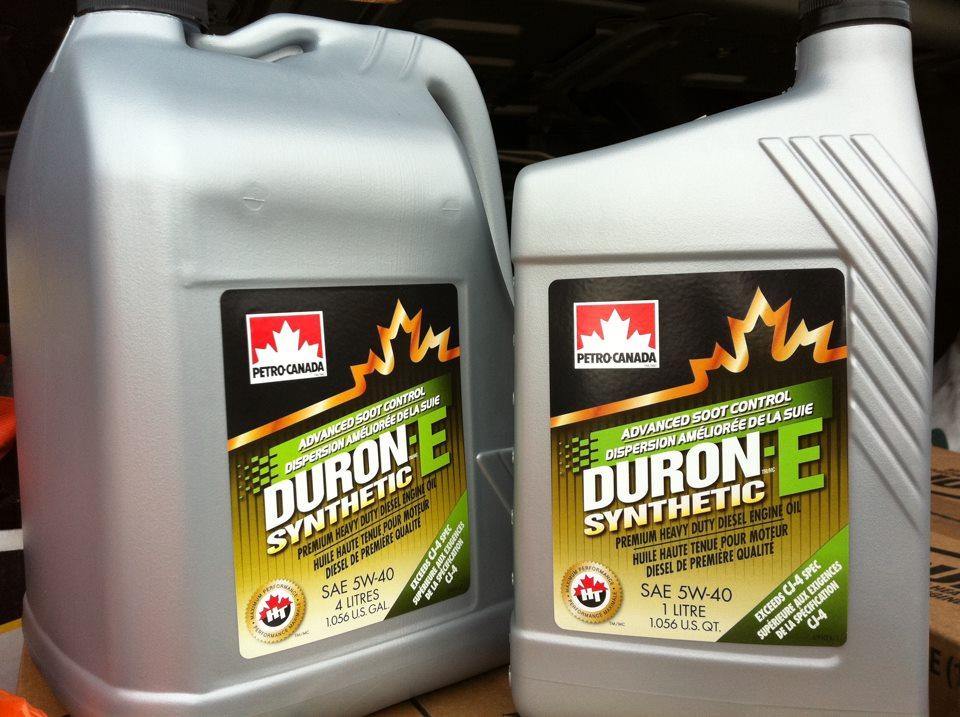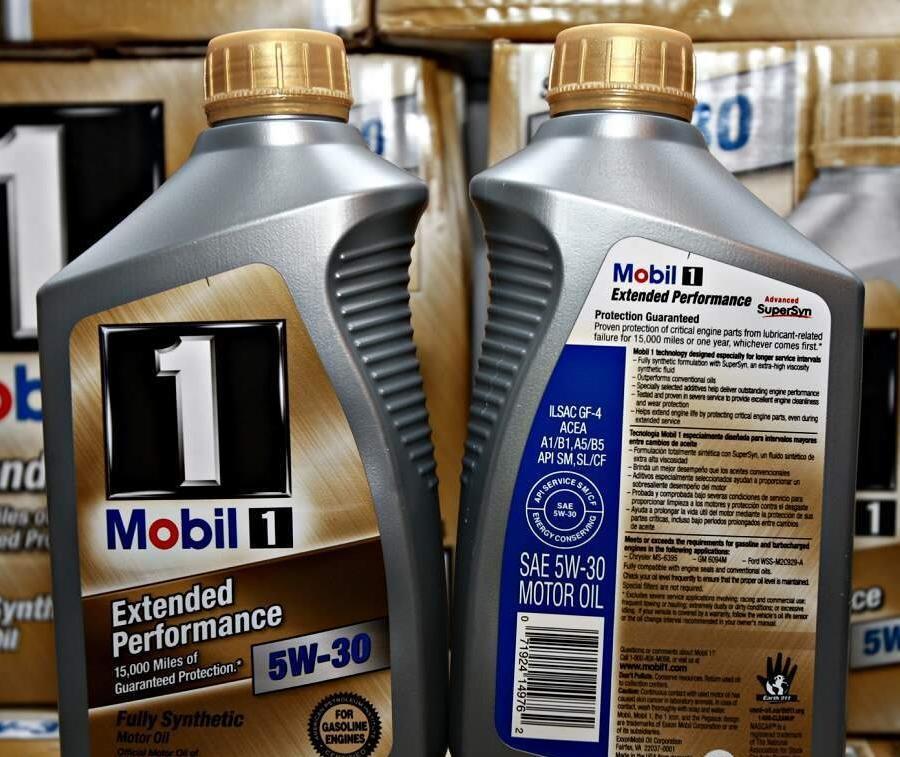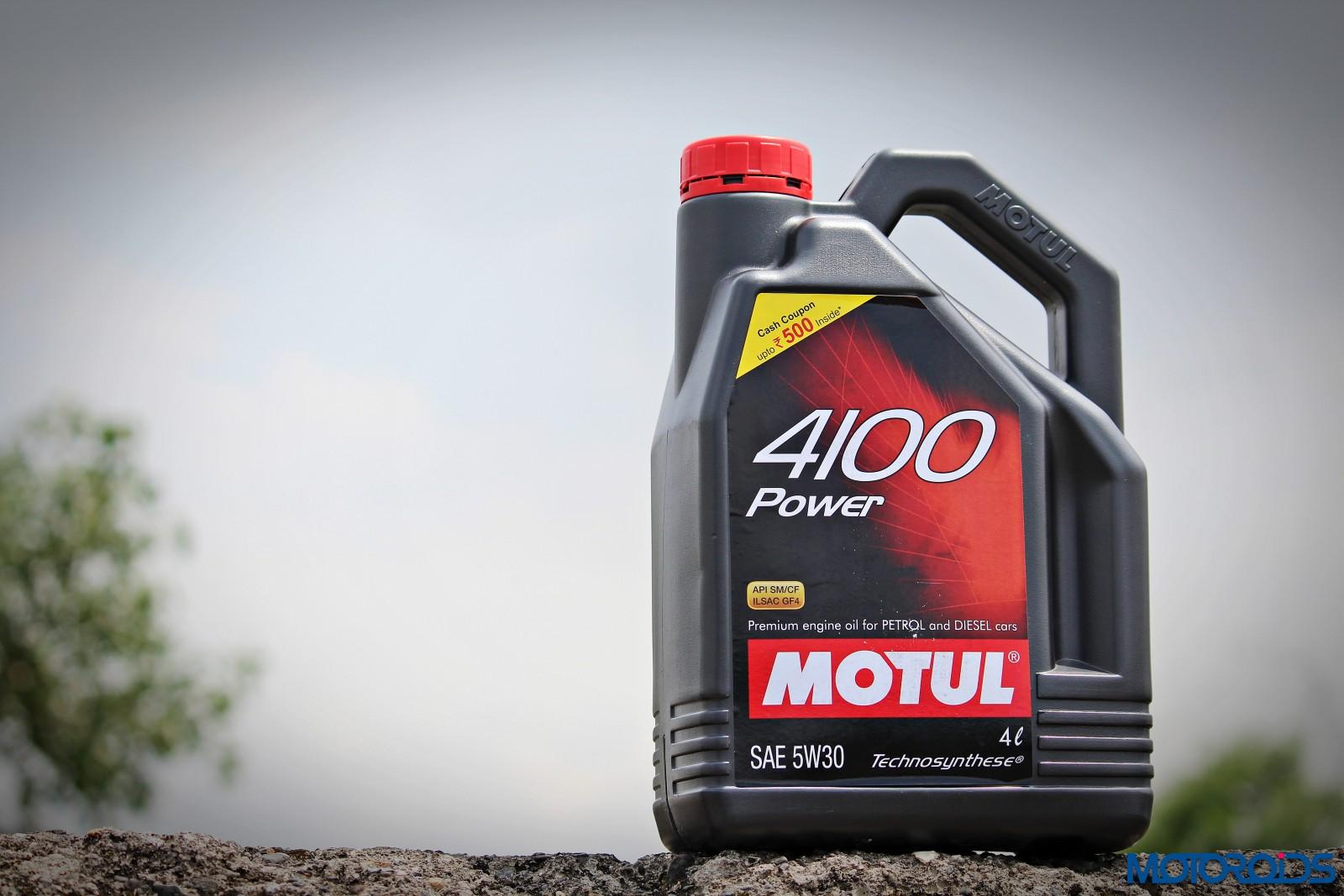Fully synthetic oil has grown in popularity as an alternative to conventional motor oil. More and more use of it reduces the dependency on imported petroleum crude oil and saves the environment by reducing the reliance on natural resources.
Therefore, to help you have a better understanding about the pros and cons of synthetic oil, in this article we will show you everything about it in detail.
Contents
What is the difference between Conventional Oil and Fully Synthetic oil?
Before knowing about the pros and cons of synthetic oil, let’s take a look at the definitions of both conventional oil and fully synthetic oil to find out the difference between them.
Definition of Conventional Oil
The traditional lubricants are made from crude oil. It is refined after extracting from natural sources and then mixed with many chemicals.
It has natural contaminants such as silicone, waxes, dirt, and paraffin. These ingredients form deposits inside the car engine under certain conditions.
Definition of Fully Synthetic Oil
On the other hand, synthetic oil is extracted from alcohol or natural gas. It means that it does not carry any adverse contaminants.
Besides, it can adjust well to various temperatures as it does not congeal in cold weather or thin out under high temperatures.

Pros and Cons of Synthetic Oil
After reading the definitions of conventional oil and fully synthetic oil, it’s easy for you to see that synthetic oil has more advantages than traditional oil. So now, it’s time to take a detailed look at every aspect of this beneficial oil.
Pros of Fully Synthetic Oil
1. Molecular consistency
It is one of the major benefits of this type of oil. Their molecules are of almost similar lengths, so they cause less friction with different engine parts.
On the other hand, convention lubricants carry molecules of various lengths, which create more resistance and ultimately reduce the engine life.
2. Temperature resistant
They perform well under high temperatures. Their heat transferring ability is much better than traditional oils. So, they can help to cool an engine.
On the other hand, the lightweight hydrocarbons in the molecules of conventional oils burn when they get hot. So, the longer they are in an engine, the thicker they become.
3. More robust
Synthetic oil for cars is stronger than a conventional lubricant. It’s more resistant to breakdown, which means the drain interval is three to four times than normal oil. Just fill up your tank, and you can drive 10,000 to 12,000 miles.
Cons of Fully Synthetic Oil
1. Expensive
It’s the main disadvantage of this type of oils. They are a couple of times more expensive than petroleum-based motor oils.
However, they take better care of the engine, increase its lifespan, and improve fuel economy. So, you’ll eventually find them cost-efficient.

2. Might be Risky for Older Cars
The older cars mean those vehicles that were manufactured before 1990. As synthetic oil cleans out sludge, it may melt the deposits that act as the sealing of those old automobiles. As a result, the oil will leak out, and the engine could be damaged.
The fully synthetic oil is beneficial if you compare its pros and cons. Except for the price, it actually has no negative points. And, the cost will seem reasonable if you consider the long-term benefits.
FAQs
1. Is it safe to switch from conventional oil to fully synthetic oil in my vehicle?
Yes, it is safe to switch from conventional oil to fully synthetic oil in most vehicles.
However, it’s essential to consult your vehicle’s owner’s manual and follow the manufacturer’s recommendations for the type of oil to use.
In some cases, older engines or specific vehicle models may not benefit significantly from the switch, and it may not be cost-effective.
2. Can fully synthetic oil cause leaks in older engines?
Fully synthetic oil is less likely to cause leaks than conventional oil. However, if an older engine with worn seals and gaskets is switched to synthetic oil, it may reveal existing leaks that were previously sealed by the thicker conventional oil.
It’s advisable to address any known seal or gasket issues before switching to synthetic oil.
3. How often should I change fully synthetic oil?
The recommended oil change intervals for fully synthetic oil can vary depending on the vehicle, driving conditions, and the specific oil used.
Typically, it is recommended to change fully synthetic oil every 7,500 to 10,000 miles, but always refer to your vehicle’s owner’s manual for the manufacturer’s guidelines.
4. Does fully synthetic oil offer better protection against engine sludge and deposits?
Fully synthetic oil is known for its excellent resistance to forming engine sludge and deposits. Its cleaner-burning properties and superior detergents help prevent the buildup of harmful deposits, promoting a cleaner and more efficient engine.
5. Is fully synthetic oil suitable for high-performance or turbocharged engines?
Fully synthetic oil is an excellent choice for high-performance and turbocharged engines. Its superior lubrication and temperature stability make it well-suited for engines that operate under high stress and heat conditions.
6. Does using fully synthetic oil void my vehicle’s warranty?
No, uUmeets the manufacturer’s specifications and is used in accordance with their recommendations.
It’s essential to retain records of oil changes and use products that meet or exceed the manufacturer’s requirements to maintain warranty coverage.
7. Are there different types of fully synthetic oil, and how do I choose the right one for my vehicle?
There are various types of fully synthetic oils, including those designed for specific vehicle types (e.g., high mileage, turbocharged engines).
To choose the right one for your vehicle, consult your owner’s manual, and consider factors such as your vehicle’s age, mileage, and the manufacturer’s recommendations.
Synthetic Oil and Conventional Oil: Which Type for your engine:
Hopefully through this article, you will get some useful knowledge about synthetic oil and the reason why this oil is more beneficial than the conventional one.
If you like our article, feel free to share it with your friends and in case you have any questions for us, don’t hesitate to leave it in the comment section. Keep reading on us to get more car maintenance tips updated everyday by auto experts.




Nice tutorials on oil change by a use of synthetic oil .thank you.
There are some truths but you have mixed up mono-grade/multi-grade versus mineral/synthetic. Many of the things are comparing the former, not the latter.